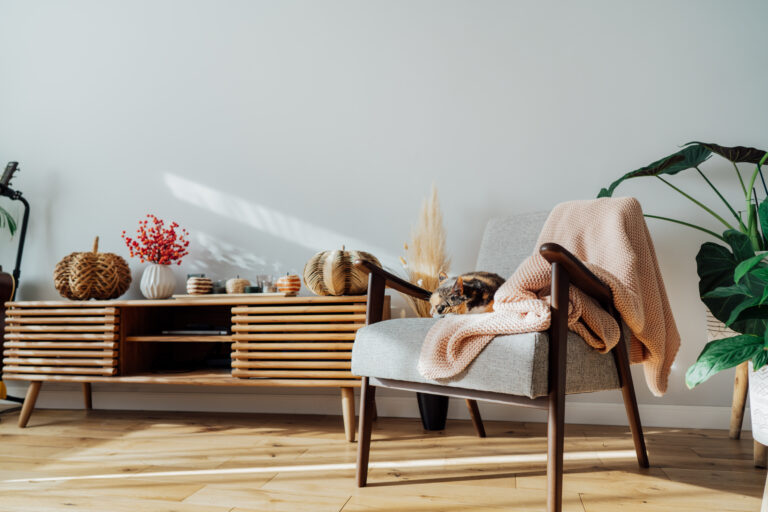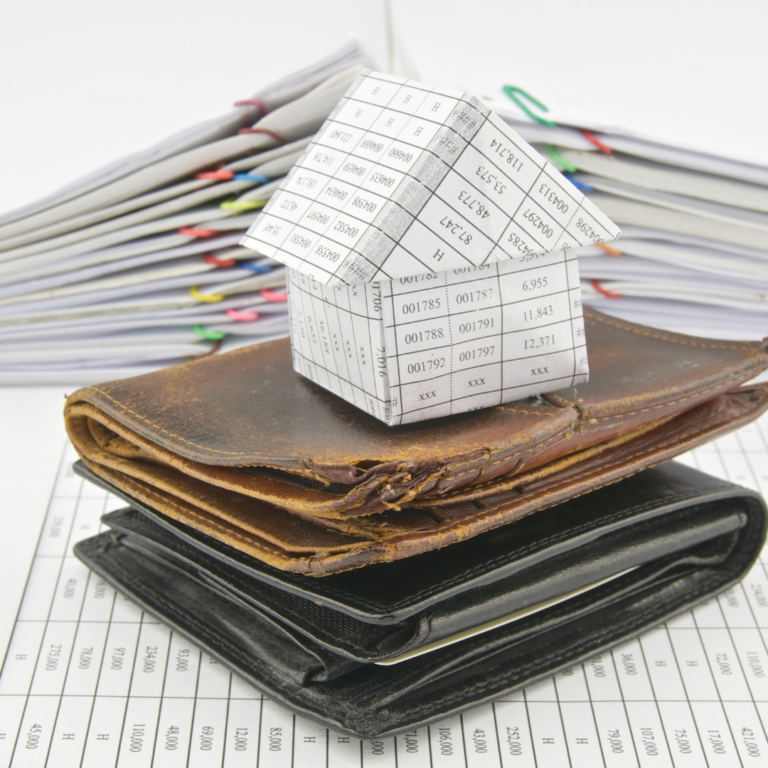Buying a home in Cornwall is an incredibly exciting endeavour, although it can be stressful and overwhelming to make sure you’ve found the right one. After all, it is the single largest purchase most people make in their entire lives, so it shouldn’t be taken lightly.
The last thing you want to do is hastily choose a home, only to find out down the road that you’ve made a mistake. This can affect your mood and mental well-being and can be a huge – and expensive – hassle to try and mitigate.
Finding the right house to turn into your home and sanctuary isn’t an easy job, so before you start your search, consider these seven tips on how to find the perfect home.
Decide on Your Location First
You shouldn’t even start looking for a new home until you’ve chosen which areas you would consider living in, factoring in property prices and council taxes, as well as other aspects that are important to you, including:
- Your commute to work
- The proximity of good schools
- What type of properties are available in the area
- What kind of activities are around
- What kind of shopping (supermarkets, etc.) is nearby
- What kind of public transport is available
There’s no point in looking at the right homes in the wrong locations, so be sure to zero in on the areas you want to live in first.
Make A List of Your ‘Must-Haves’
It’s important to decide what your perfect home actually means to you, and the best way to do this is with lists. Write a list of all the aspects of your home that you absolutely must have, then all the aspects that would be nice but aren’t completely necessary, and you would be willing to compromise on. When looking at homes, you can then ensure that everything on your ‘must-have’ list is checked off, and anything on your ‘nice-to-have’ list is a bonus. If it comes down to comparing homes, you can see which ones check more boxes to help you decide.
Plan For The Long Term
It can be tempting to purchase a property you think is good enough, especially if you’re a first-time home buyer, just to get your foot on the property ladder. You may intend to move on after a few years; however, most people end up staying for many years, so it’s crucial to consider that too. Moving is a major expense, both in terms of money and time, and once you feel settled, your plans to move soon after may change. If you don’t buy a home that is good for your future as well as the present, you could be making a decision that will bite you later on.
To plan for the long term, make sure you find a home that you can grow into. Are there enough rooms? Is there a garden you can make your own? Do you have to walk up lots of stairs? That might be fine at the moment, but with a pram or pushchair, it may be difficult. Are there any changes you could make, like converting undeveloped space into something useful? These are the kinds of aspects you need to consider.
Keep Costs in Mind
Of course, finding a home that’s within your budget is vital, because you don’t want to overstretch yourself and cause financial strain. You should also keep other costs in mind, such as renovations. If you find a home you think would be perfect with a few changes, consider what those changes actually mean. Some may be superficial, like the wallpaper or paint colour, but redoing flooring or changing the layout of the kitchen could be quite expensive. If you’re unprepared for these costs, you might not be able to make the changes, and will end up being unhappy with your home.
Find Out Everything You Can About the Property
Learning as much as possible can help you avoid any surprises and unexpected maintenance endeavours. Asking the right questions goes a long way here because you want to find out more about the property’s history, what kind of maintenance has been done recently, what may need fixing in the near future, and whether or not it’s had trouble getting sold. Your estate agent should be up-front and forth-coming with this information.
Do A Home Inspection
If you think you’ve found your perfect home and are at the offer stage, consider getting a survey completed on the property before you sign any paperwork. A surveyor is a non-biased entity who will give you their own opinion on the property and uncover any fundamental issues, as well advise you of the true value of the property. It’s better to spend the money on a survey ahead of time rather than be blindsided by something in the future.
Check the Legalities
When it comes to purchasing your new home, you’ll be dealing with a contract and so will require a solicitor or conveyancer to avoid any headaches or hassles. They will carry out all the necessary searches on the property and will make you aware of any important legal issues.
For further helpful advice and for help finding your perfect home in Cornwall, contact the friendly team at Hunters West Cornwall on 01736 800919. We look forward to assisting you.




